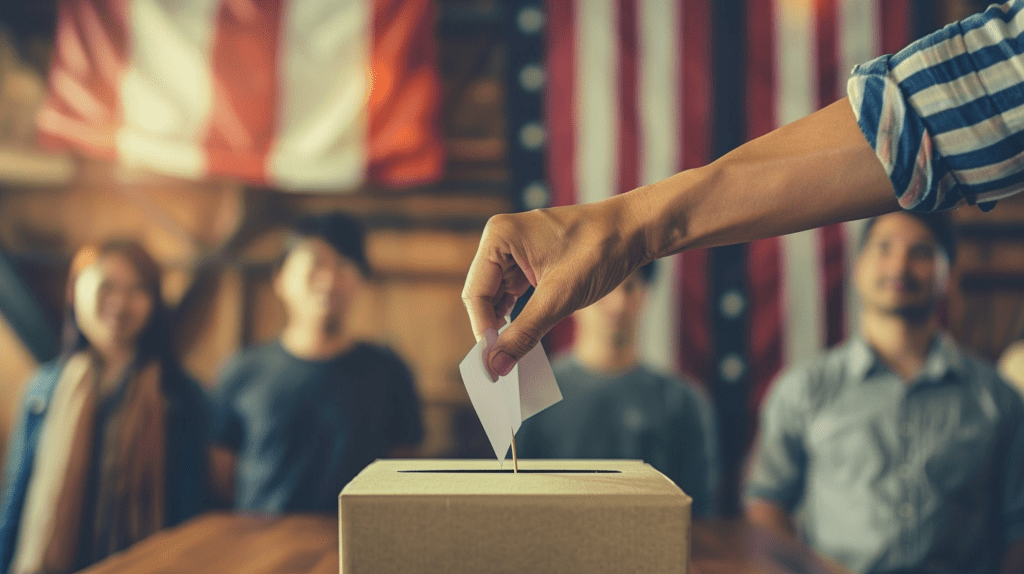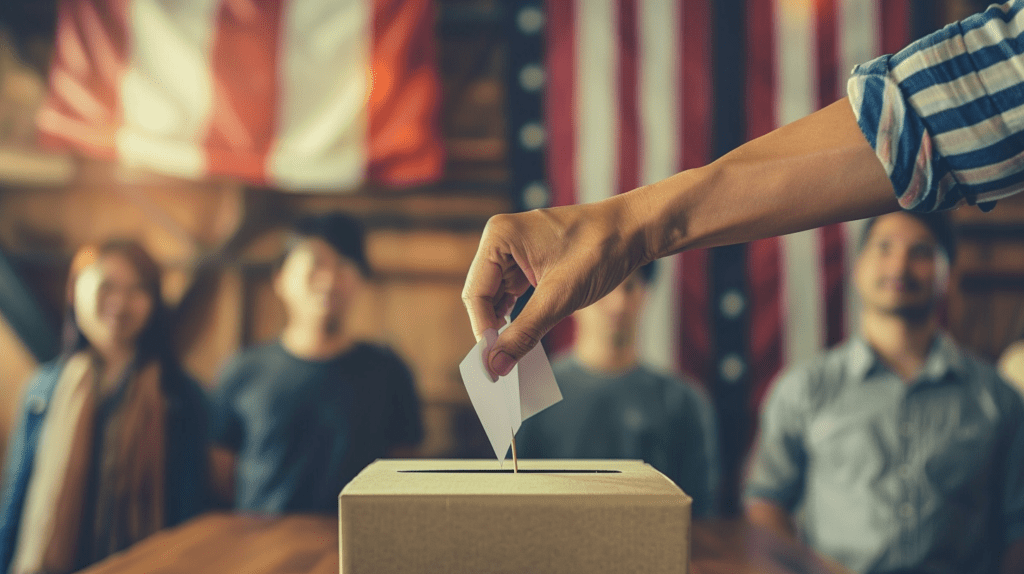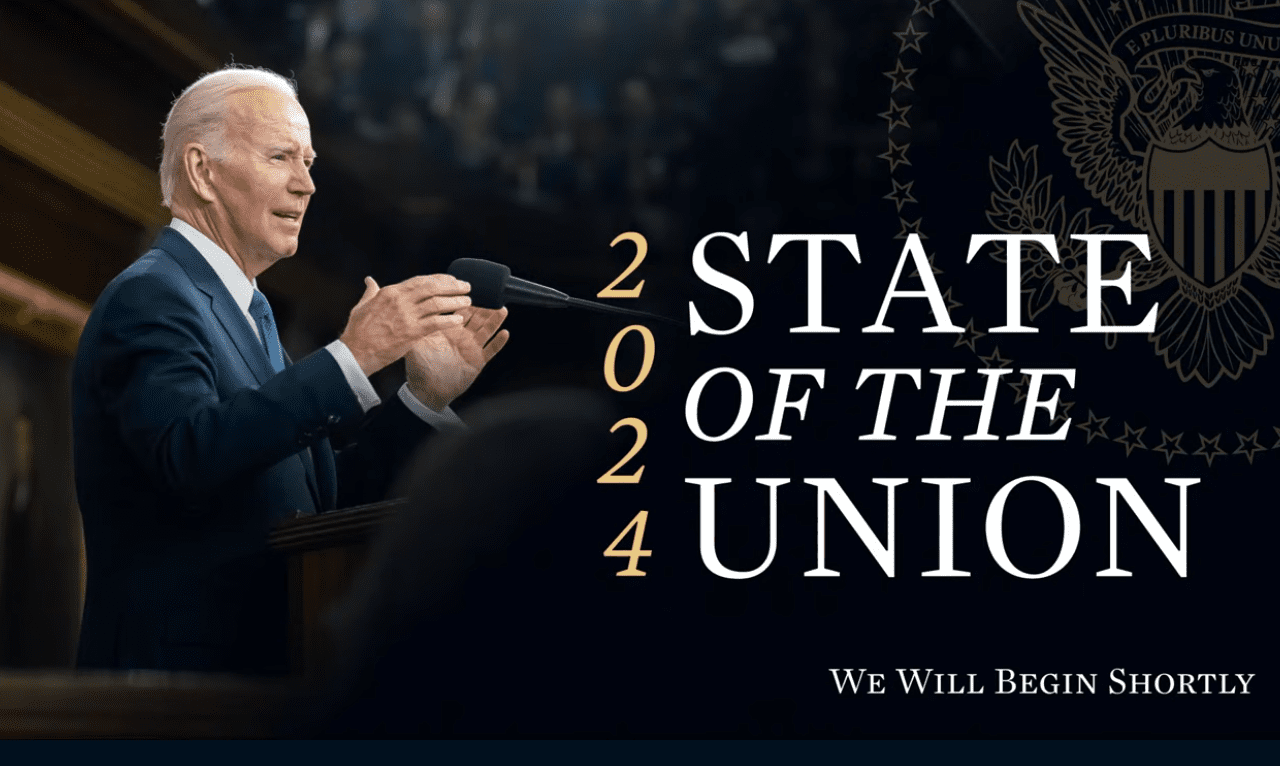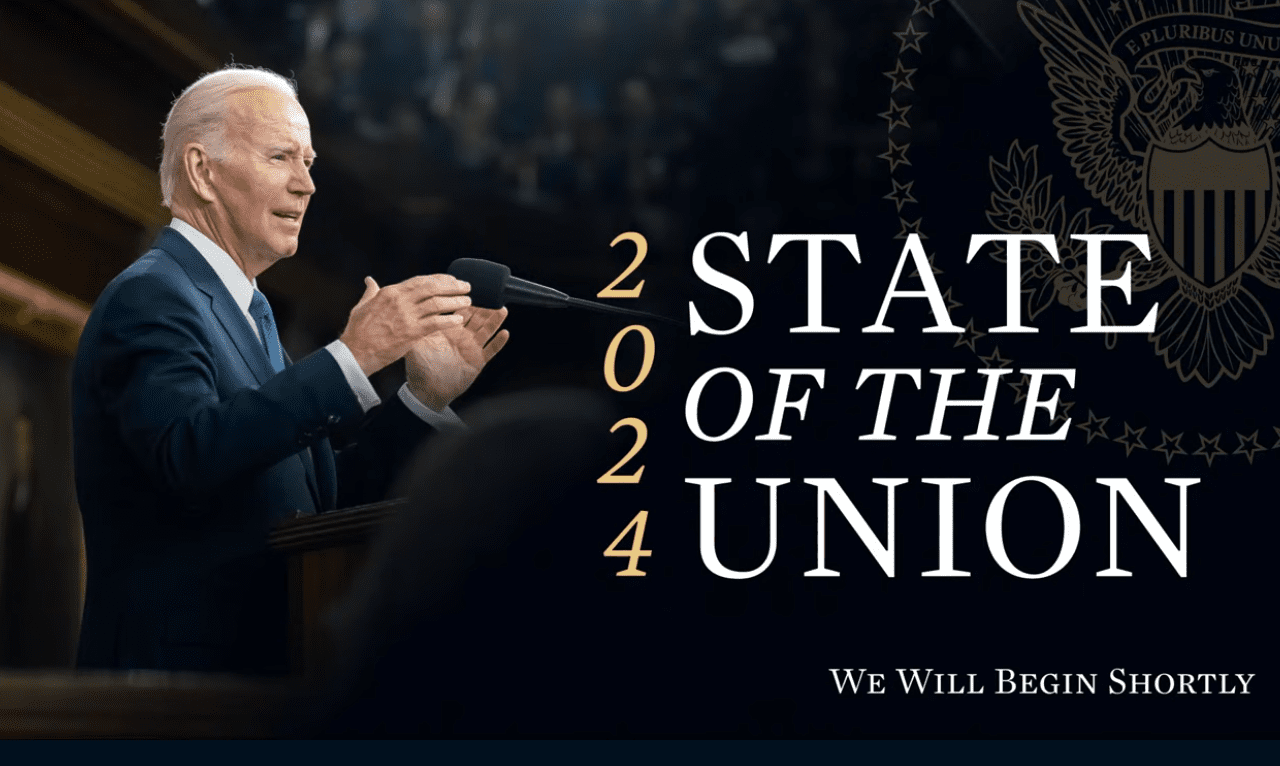The backfire effect is a cognitive phenomenon that occurs when individuals are presented with information that contradicts their existing beliefs, leading them not only to reject the challenging information but also to further entrench themselves in their original beliefs.
This effect is counterintuitive, as one might expect that presenting factual information would correct misconceptions. However, due to various psychological mechanisms, the opposite can occur, complicating efforts to counter misinformation, disinformation, and the spread of conspiracy theories.
Origin and mechanism
The term “backfire effect” was popularized by researchers Brendan Nyhan and Jason Reifler, who in 2010 conducted studies demonstrating that corrections to false political information could actually deepen an individual’s commitment to their initial misconception. This effect is thought to stem from a combination of cognitive dissonance (the discomfort experienced when holding two conflicting beliefs) and identity-protective cognition (wherein individuals process information in a way that protects their sense of identity and group belonging).
Relation to media, disinformation, echo chambers, and media bubbles
In the context of media and disinformation, the backfire effect is particularly relevant. The proliferation of digital media platforms has made it easier than ever for individuals to encounter information that contradicts their beliefs — but paradoxically, it has also made it easier for them to insulate themselves in echo chambers and media bubbles—environments where their existing beliefs are constantly reinforced and rarely challenged.
Echo chambers refer to situations where individuals are exposed only to opinions and information that reinforce their existing beliefs, limiting their exposure to diverse perspectives. Media bubbles are similar, often facilitated by algorithms on social media platforms that curate content to match users’ interests and past behaviors, inadvertently reinforcing their existing beliefs and psychological biases.
Disinformation campaigns can exploit these dynamics by deliberately spreading misleading or false information, knowing that it is likely to be uncritically accepted and amplified within certain echo chambers or media bubbles. This can exacerbate the backfire effect, as attempts to correct the misinformation can lead to individuals further entrenching themselves in the false beliefs, especially if those beliefs are tied to their identity or worldview.
How the backfire effect happens
The backfire effect happens through a few key psychological processes:
- Cognitive Dissonance: When confronted with evidence that contradicts their beliefs, individuals experience discomfort. To alleviate this discomfort, they often reject the new information in favor of their pre-existing beliefs.
- Confirmation Bias: Individuals tend to favor information that confirms their existing beliefs and disregard information that contradicts them. This tendency towards bias can lead them to misinterpret or dismiss corrective information.
- Identity Defense: For many, beliefs are tied to their identity and social groups. Challenging these beliefs can feel like a personal attack, leading individuals to double down on their beliefs as a form of identity defense.
Prevention and mitigation
Preventing the backfire effect and its impact on public discourse and belief systems requires a multifaceted approach:
- Promote Media Literacy: Educating the public on how to critically evaluate sources and understand the mechanisms behind the spread of misinformation can empower individuals to think critically and assess the information they encounter.
- Encourage Exposure to Diverse Viewpoints: Breaking out of media bubbles and echo chambers by intentionally seeking out and engaging with a variety of perspectives can reduce the likelihood of the backfire effect by making conflicting information less threatening and more normal.
- Emphasize Shared Values: Framing challenging information in the context of shared values or goals can make it less threatening to an individual’s identity, reducing the defensive reaction.
- Use Fact-Checking and Corrections Carefully: Presenting corrections in a way that is non-confrontational and, when possible, aligns with the individual’s worldview or values can make the correction more acceptable. Visual aids and narratives that resonate with the individual’s experiences or beliefs can also be more effective than plain factual corrections.
- Foster Open Dialogue: Encouraging open, respectful conversations about contentious issues can help to humanize opposing viewpoints and reduce the instinctive defensive reactions to conflicting information.
The backfire effect presents a significant challenge in the fight against misinformation and disinformation, particularly in the context of digital media. Understanding the psychological underpinnings of this effect is crucial for developing strategies to promote a more informed and less polarized public discourse. By fostering critical thinking, encouraging exposure to diverse viewpoints, and promoting respectful dialogue, it may be possible to mitigate the impact of the backfire effect and create a healthier information ecosystem.






























